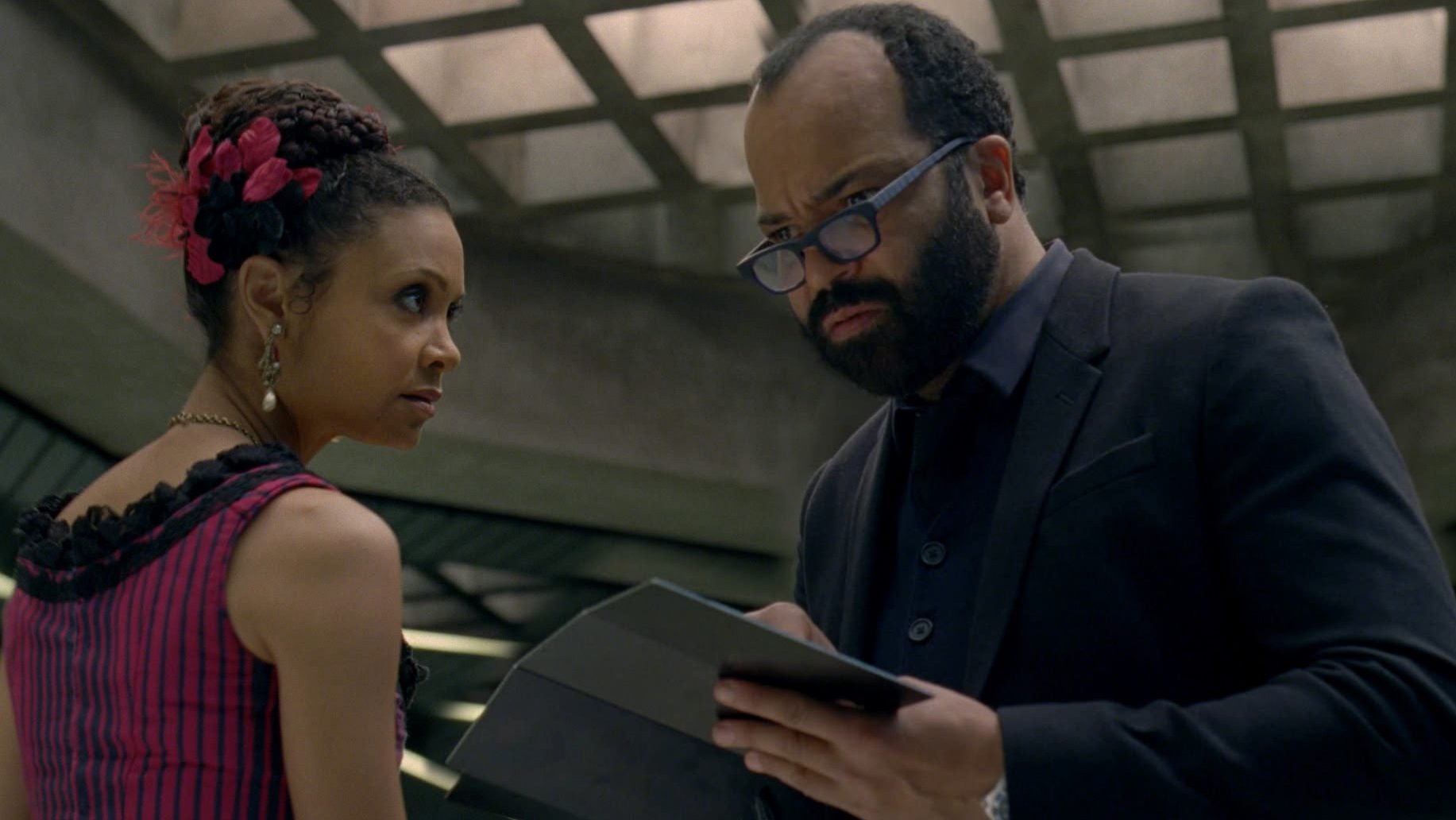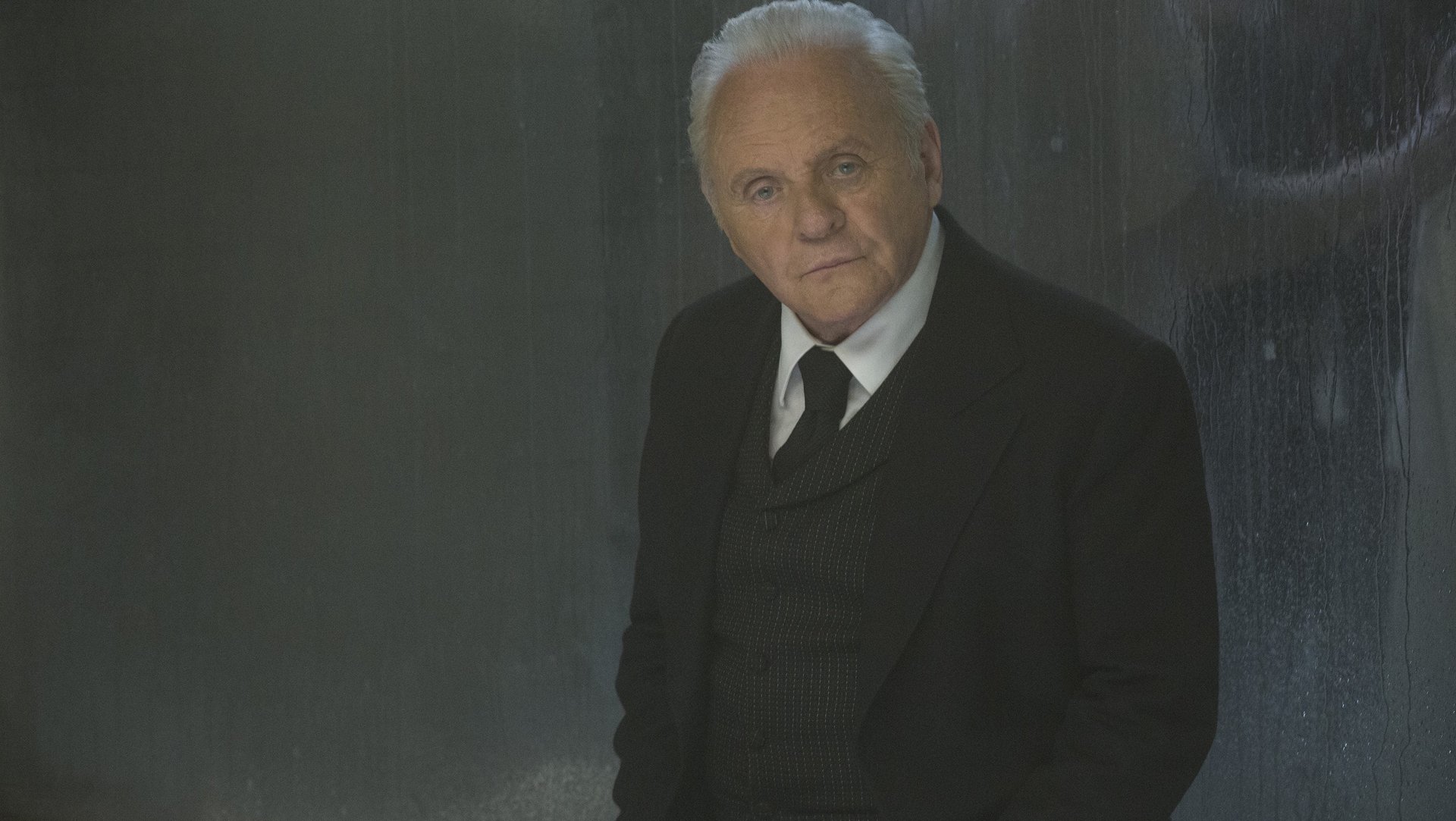TV shows like “Westworld” cannot outsmart the internet
This story contains spoilers from the most recent episode of HBO’s Westworld.


This story contains spoilers from the most recent episode of HBO’s Westworld.
Congratulations, internet. You did it. You predicted Westworld.
Last night’s episode, the penultimate installment of the HBO show’s debut season, confirmed three major fan theories:
- William is the Man in Black, and their stories take place on two different timelines.
- Bernard was made in the image of Arnold, Ford’s deceased former partner.
- Certain conversations between Bernard and Dolores were really flashbacks of Arnold and Dolores.
If you read Westworld reviews, listen to fan podcasts, or, most of all, browse the show’s Reddit page, you were probably aware of these theories. So to the chagrin of some in the audience, last night’s episode held few surprises.
But for those who say Westworld is predictable, I have one question: Did you, independently, correctly predict the show’s twists? Or did you read the theories online, and then come to believe them yourself? If it’s the latter, does that really make the show predictable? That someone else on the internet predicted something and you latched on?
Here’s what happened: Westworld theorizers on Reddit threw a bunch of theories at the wall, and some wound up being right. Many were wrong. These days, it’s virtually impossible for a TV show to blueprint a reveal that no one predicts—even a broken clock is right twice a day, and inevitably someone on the internet is always going to guess right. And as the season goes on, the guesses that seem the most credible are the ones that become most popular.
Thus, the plot is predicted. Still, these accusations of predictability are misguided, for several reasons.
First, those of us who regularly consume media on the internet and participate in a TV show’s ongoing weekly discussion are but a tiny fraction of the show’s overall audience. Westworld‘s Reddit page has 136,000 subscribers—large for a TV show, but small compared to the total number of people who watch the show every week. Almost 2 million people in the US watched last week’s episode live, and untold millions more watched online, on-demand, and in other countries.
In the age of social media, TV writers must pull off an extremely delicate balancing act. They have to cater to the casual, socially unengaged viewer while simultaneously servicing the diehards who share theories and devour every scrap of content related to the show. From inside that kind of internet bubble, a show can look entirely predictable—even if it still offers the average viewer plenty of surprises.

Second, the internet makes it exceedingly rare for a TV show to surprise engaged audiences in a way that makes sense and feels earned. Sure, it’s still possible to shock people with unjustified twists that come out of nowhere, or tantalize them with asinine cliffhangers.
In order for the internet crowd to be genuinely surprised, though, a reveal must have essentially no buildup, no breadcrumbs for viewers to notice, no reason to exist at all except to surprise—which makes it a bad reveal. Most of the time, predictable twists are more satisfying than wildly unpredictable ones (there are, of course, exceptions). The truly effective twists and turns are more likely to be the ones that can be guessed in advance, because the proper groundwork was laid.
Westworld‘s intimate relationship to its audience only makes the show more fascinating. In a way, it’s a meta experiment on the art of storytelling in the modern age and the experience of watching stories unfold. As the show explores the bicameral human mind and the nature of consciousness, it has also revealed a lot about how the internet hive mind works as a fiercely efficient theory machine.